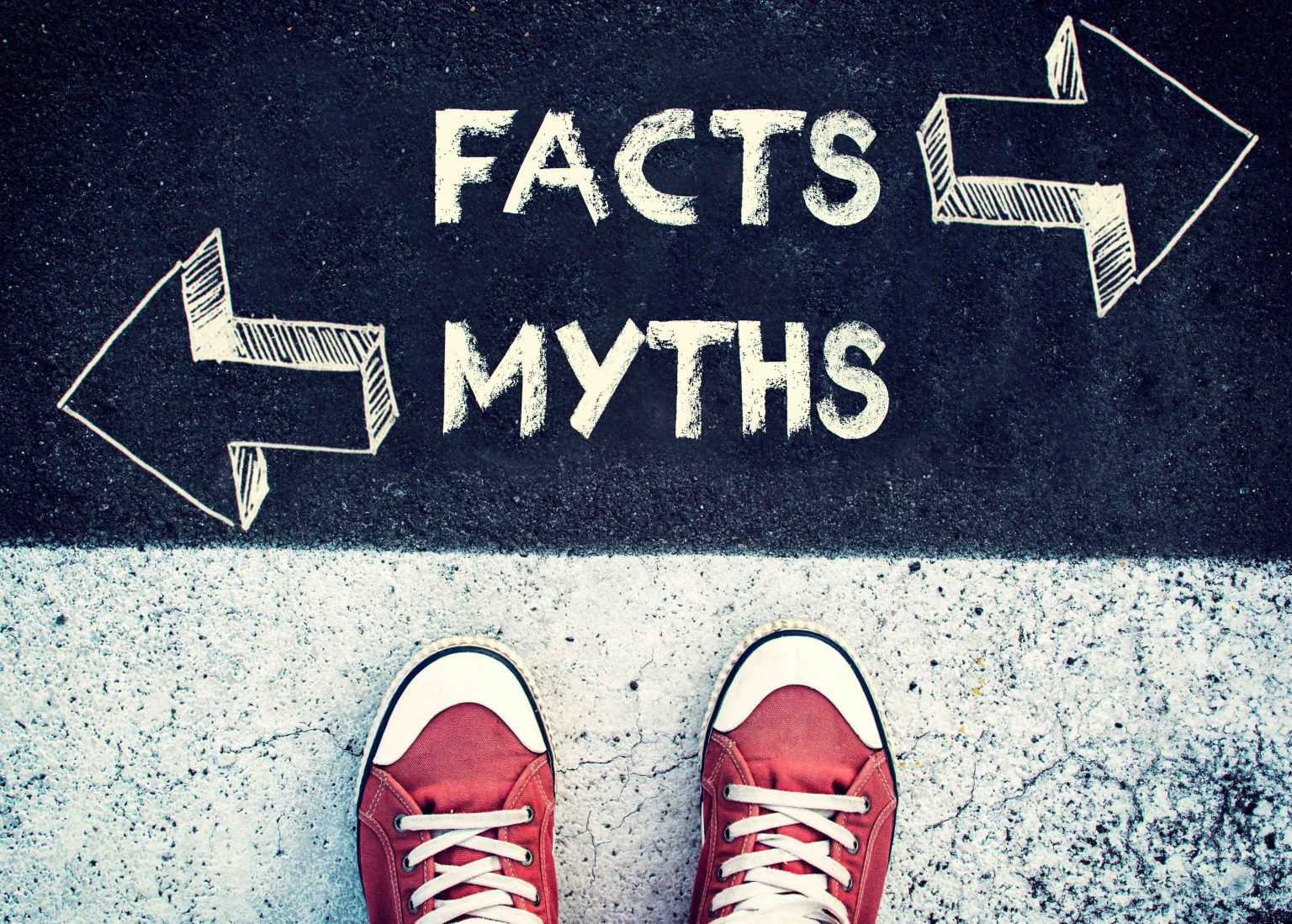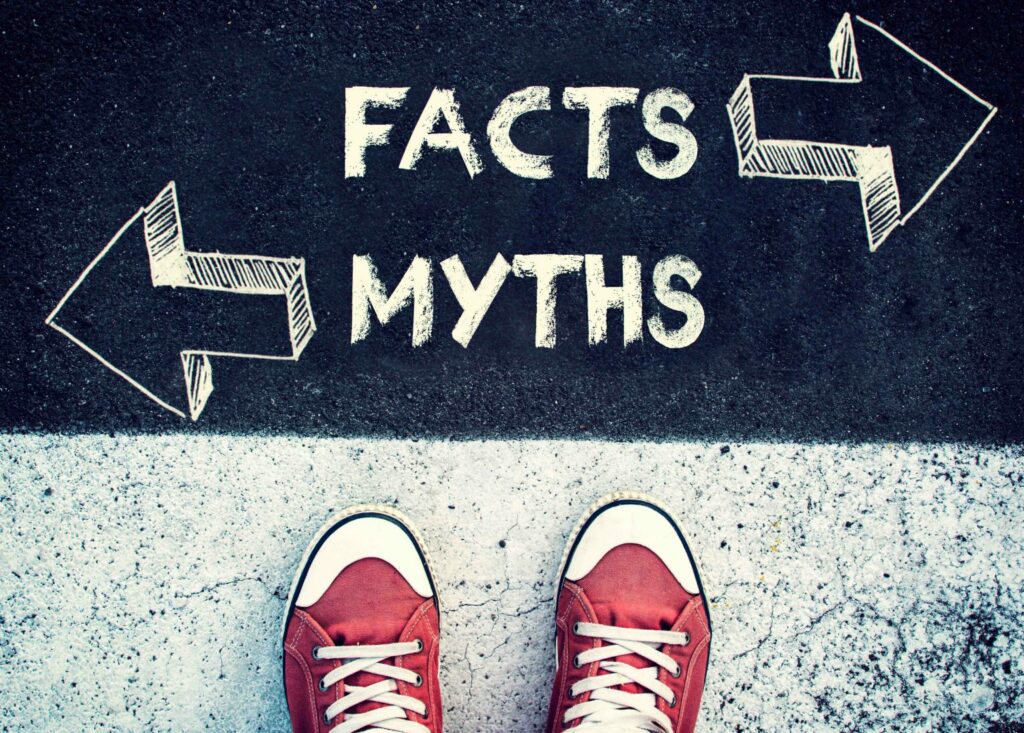When you leave med school and residency, you are pretty sure you’re all that and a bag of tater chips. I did. Then, practicing medicine became a long and humbling journey. I’ve learned a lot, and I thought I’d share some falsehoods from my training, just in case these rumors are still circulating.
1. The body does things randomly.
This is a common misconception in medicine. The doctor will say, “Oh, you have high blood pressure, well this pill will help lower it.” It may be true the pill will help, but high blood pressure is a reaction to a problem. It doesn’t just pop up. You do not have a “pill” deficiency. The question should be, “What is the body trying to tell us?” If we take the high blood pressure example, it may point to issues like nutrient deficiency like magnesium, or sleep apnea, or generalized inflammation, which leads to more diagnoses than just hypertension. The body is always talking to us. Functional Medicine helps us interpret what it’s saying.
2. Nuts cause diverticulitis.
This was passed down with relative authority in my training and was accepted as the truth by the medical community. We told patients to avoid nuts, popcorn, and fruit with small seeds. Diverticula are small pockets that form in the colon walls due to tissue weakness caused by increased pressure due to a lack of fiber. The assumption of nuts and seeds causing diverticulitis seems reasonable at first because small things fit in small pockets. The truth is, taking away the above foods takes away a great source of fiber for our good bacteria, which are essential for low pressure in the colon, and may increase your risk for diverticulitis. The research supports that these foods don’t cause diverticulitis.
3. A calorie is a calorie.
If I could get this belief to die, I would be a happy provider. “If you want to lose weight, eat less the 1400 calories a day” was the mantra they taught me. It didn’t matter where those calories came from. No one seemed to understand different foods cause totally different hormonal responses. For example, 100 calories from vegetables/ protein cause leptin release, curbing hunger and decreasing fat deposition. Sugar does just the opposite. You release ghrelin, which increases appetite, and fat deposition because of the insulin spike. Also, your genetics are a factor in determining which calories are best for you. For some people, monounsaturated fats like avocado cause weight loss, whereas saturated fat like coconut oil causes weight gain. You need to understand your genetics if you are going to understand why a calorie is just not a calorie. Even without your genetics, you can make your calories go a lot further by choosing to eat whole foods.
4. What you eat is irrelevant to your health.
When I left med school, the knowledge about the GI tract’s role in our immunity was in its infancy. That it is associated with diseases like arthritis, depression, anxiety, asthma, allergies, and so on was not being taught. Our diet has everything to do with our body’s “random” actions. If you have a medical issue, the diet is the first thing to change. Over 90% of our immune system activation occurs in the small intestine, and an overactive immune system drives all the diseases listed above and many more. It makes sense to start here. You’ll usually see amazing results if you remove the most inflammatory foods like sugar, gluten, and dairy.
5. Vitamins make expensive urine.
This is a saying in medicine that is as old as the hills. I still hear it often, and the literature doesn’t support it. Here is an example of why this is not true-90% of us are deficient in choline and need supplementation.
Here is a list of things choline does for us:
- Unborn children have improved stress resiliency and improved cognition
- It prevents fatty liver disease
- improves mentation and helps fight memory loss.
Surprise! It’s not expensive at all and definitely does not go into your urine. There are countless minerals like magnesium, vitamins like zinc and vitamin D3, and supplements like curcumin, resveratrol, and omega 3’s, to name a few where research shows supplementation makes a huge difference. Now absorption matters here, and the quality of the supplements determines bioavailability, but this is complete crap that “vitamins make expensive urine.”
I’m glad for all these myths now. Having believed them and then finding out they weren’t true, I assume nothing and research everything now.

